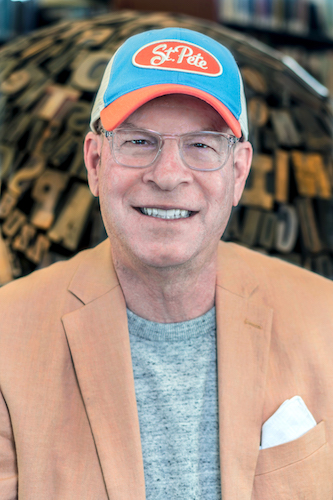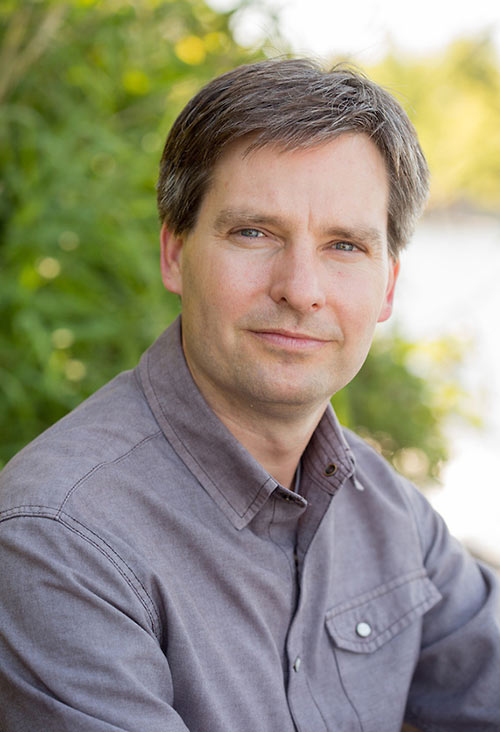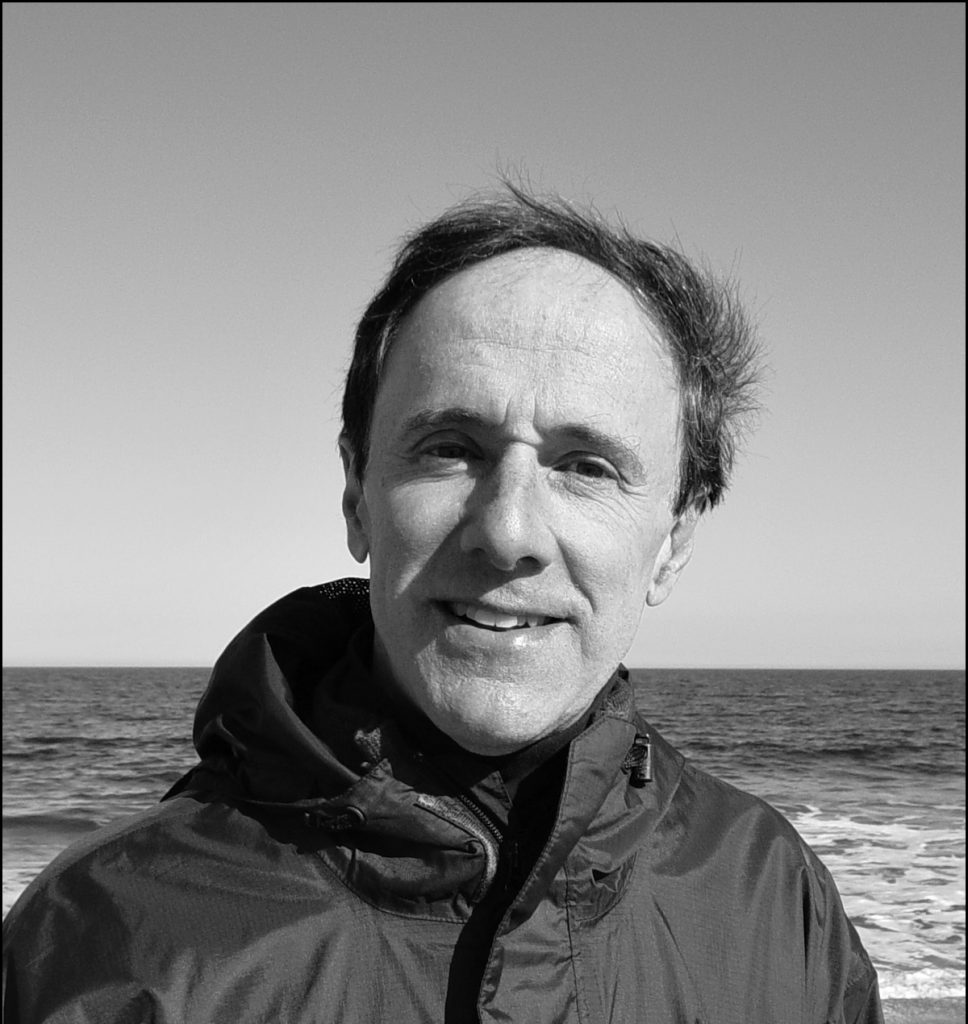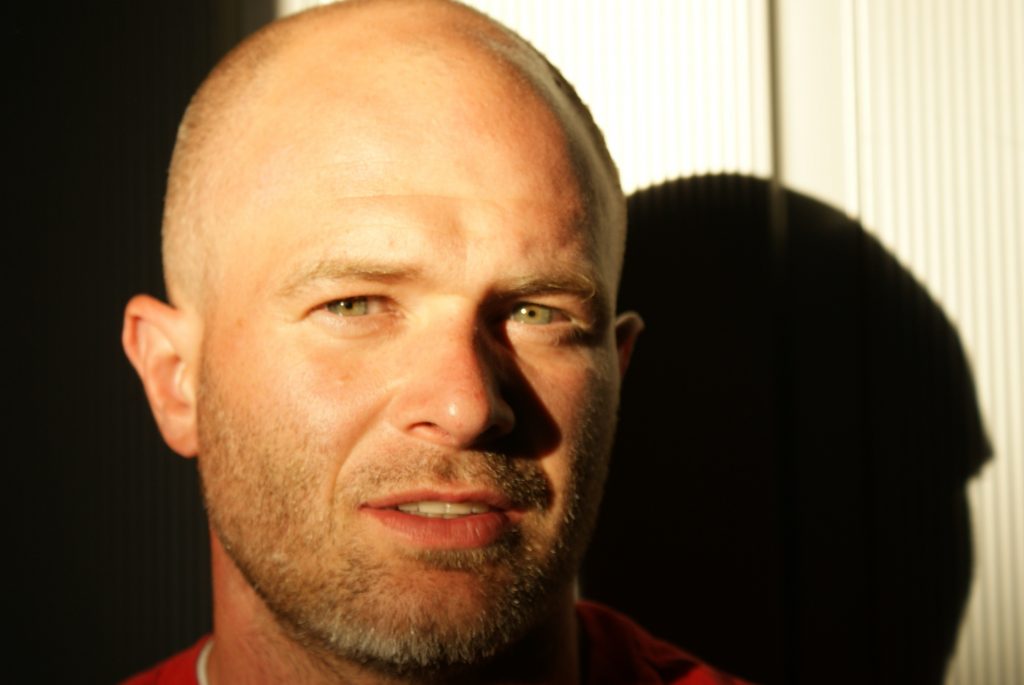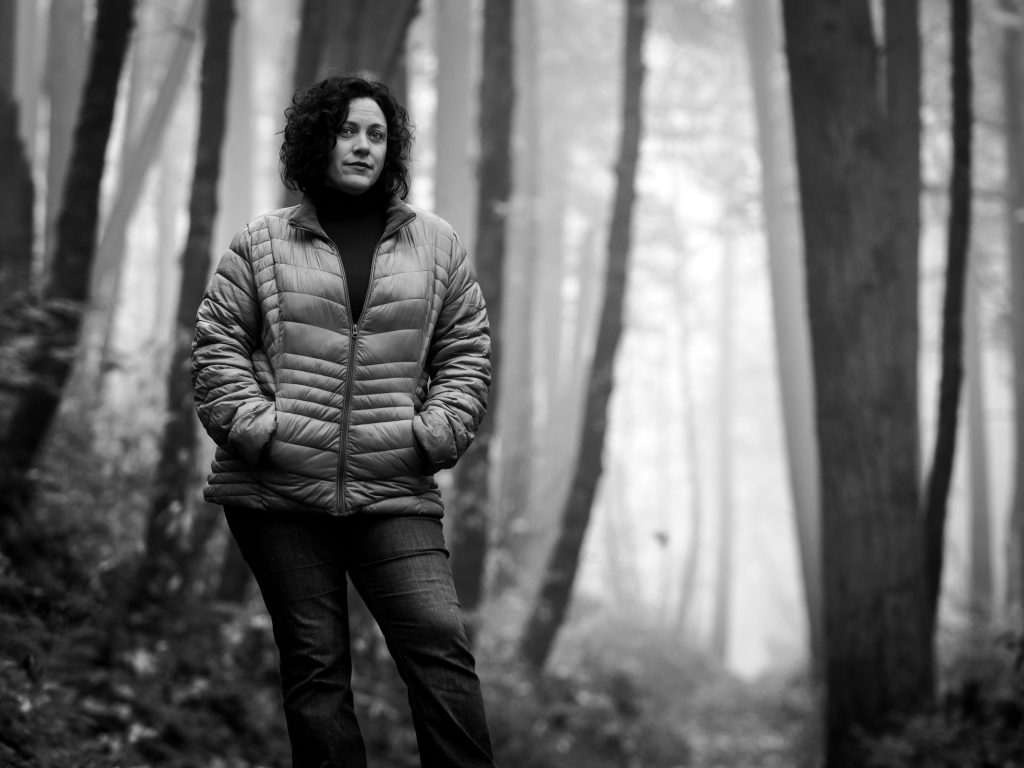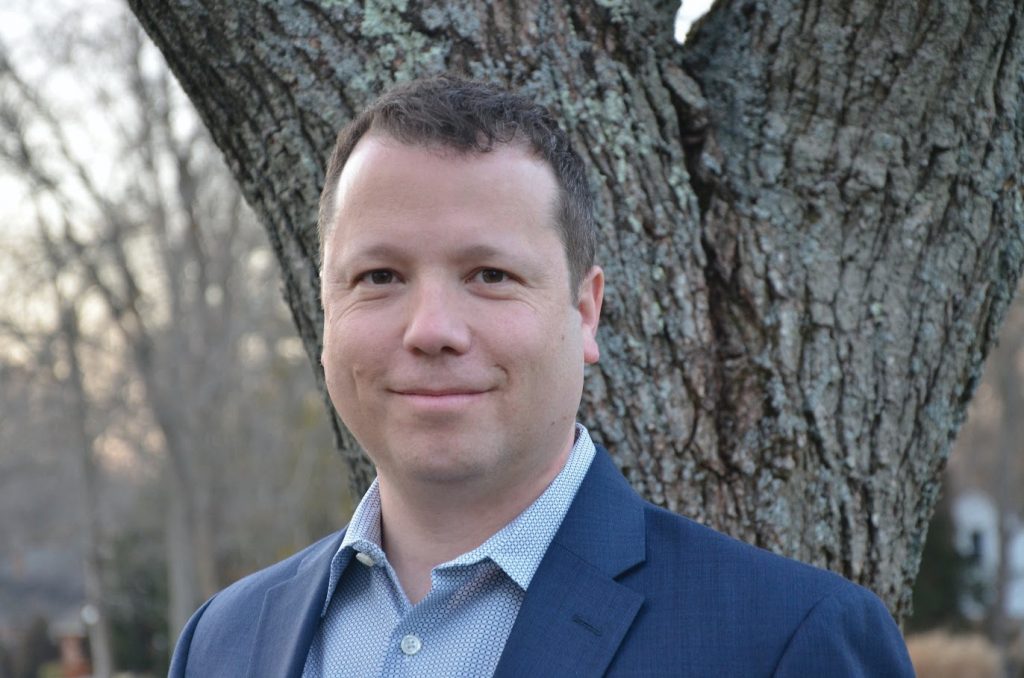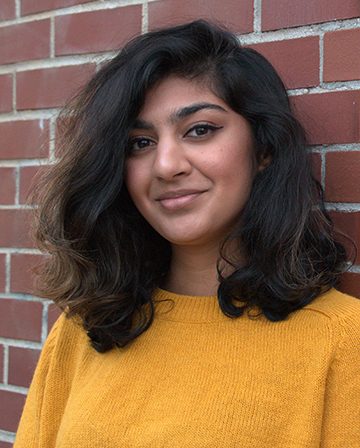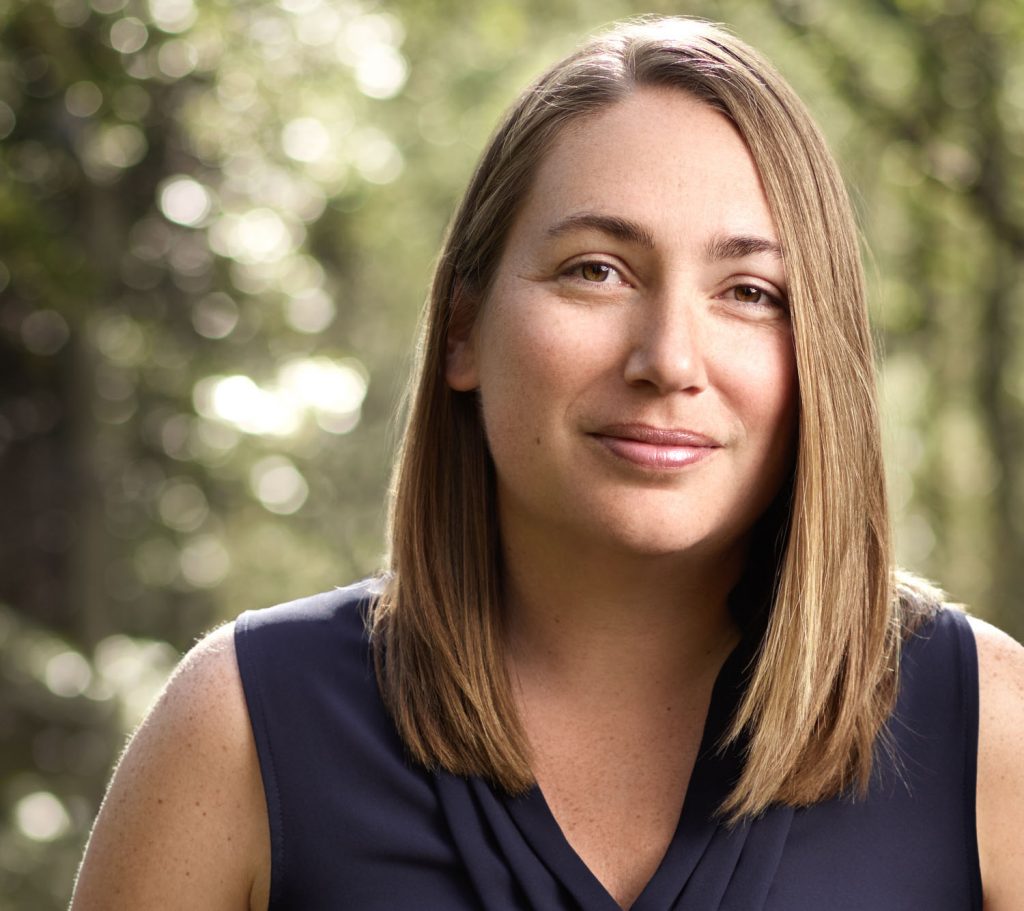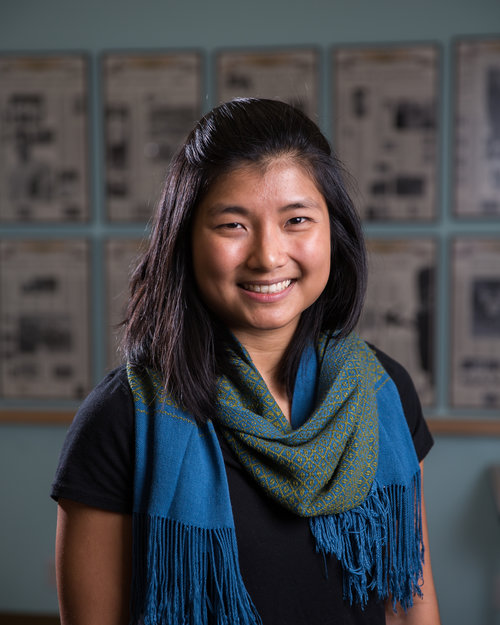
This episode is sponsored by Scrivener, by writers for writers.
“That was always my understanding that if you want to be a freelance journalist, you’re probably going to have to do a lot of things that you don’t want to do, so it creates time, space, and resources for you to dig into the things that you want to do.” — Wudan Yan
You know when an episode is especially juicy? Of course you do! and this is one of them.
Wudan Yan is a freelance superstar. You can find her on Twitter (an amazing follow) @wudanyan. She’s one of those wicked smaht people who breaks things down and makes things supah approachable and, damn, maybe you can make a go of it, too.
She’s a Seattle-based journalist and co-host of The Writer’s Co-op, a business podcast for writers. Wudan got internet famous for a blog post she wrote about chasing late fees for the $5,000 she was owed. Unfortunately this is the ugly side of freelancing, chasing late payments like Pac-Man on a ghost.
Instead of me linking up to so much of her incredible work, just go here and dig in. Get some coffee. Pour in some delicious vegan creamer into your coffee (I prefer Oatly’s barista creamer) and settle in for some world-class journalism, bruh.
Be sure you’re subscribed to the show wherever you get your podcasts and consider leaving a nice review on Apple Podcasts. They help.
Keep the conversation going on social media, @CNFPod across Facebook, Instagram, and Twitter.
Sign up for that newsletter, too. Book raffles, reading recommendations, writing tips, and what you might have missed from the world of the podcast. First of the month. No spam. Can’t beat it.
